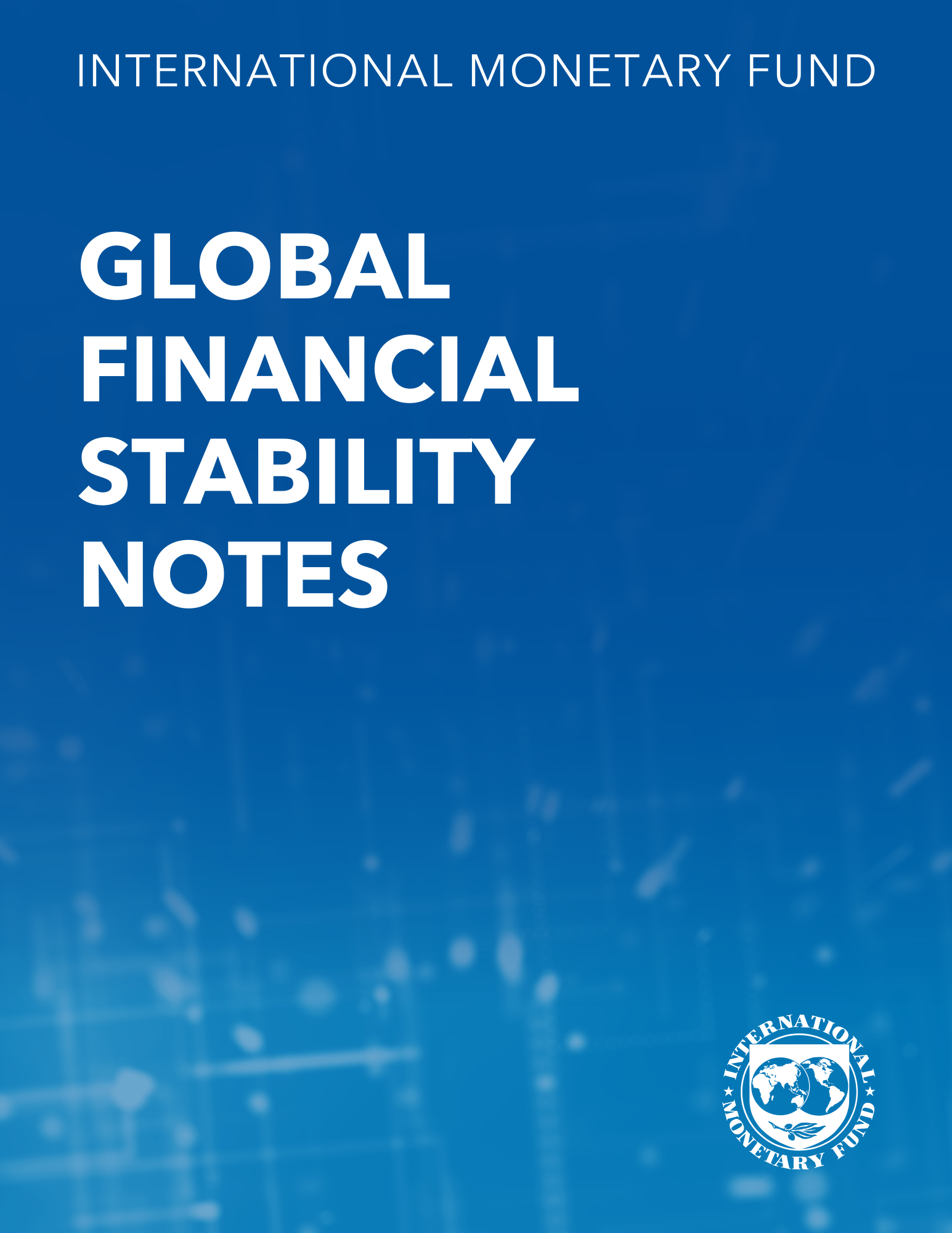From Basel I to Basel III: Sequencing Implementation in Developing Economies
June 14, 2019
Disclaimer: IMF Working Papers describe research in progress by the author(s) and are published to elicit comments and to encourage debate. The views expressed in IMF Working Papers are those of the author(s) and do not necessarily represent the views of the IMF, its Executive Board, or IMF management.
Summary
Developing economies can strengthen their financial systems by implementing the main elements of global regulatory reform. But to build an effective prudential framework, they may need to adapt international standards taking into account the sophistication and size of their financial institutions, the relevance of different financial operations in their market, the granularity of information available and the capacity of their supervisors. Under a proportionate application of the Basel standards, smaller institutions with less complex business models would be subject to a simpler regulatory framework that enhances the resilience of the financial sector without generating disproportionate compliance costs. This paper provides guidance on how non-Basel Committee member countries could incorporate banks’ capital and liquidity standards into their framework. It builds on the experience gained by the authors in the course of their work in providing technical assistance on—and assessing compliance with—international standards in banking supervision.
Subject: Banking, Basel Core Principles, Basel III, Liquidity requirements, Liquidity risk
Keywords: bank, capital, developing economy, market, risk, WP
Pages:
42
Volume:
2019
DOI:
Issue:
127
Series:
Working Paper No. 2019/127
Stock No:
WPIEA2019127
ISBN:
9781498315227
ISSN:
1018-5941





